So, your competitors organically rank higher than you on Google. You may be thinking, What’s the big deal? Google isn’t everything, and I can just run Google Ads. Here’s the (big) deal: A study revealed that the top threeorganic results (the infamous 3-pack) capture 61.5% of clicks.1 So, the higher you rank on Google, the more clicks and more business.
If your company is falling behind on organic search and only paying for Google Ads, you’re just renting the space on top, while your competitors are owning it (As if we needed even more proof that owning is better than renting).. If you’re doing neither, you have little chance of getting found at all, as only 10% of users look past the first page of results for their search.1
Here is exactly what your competitors focus on to rank higher than you on Google, and how you can replicate.
Reviews
It is only human to check all of our bases before giving our hard-earned money to someone else. We want to be as confident as possible that we are choosing a company that will treat us well and give us an above average experience. The easiest way to do this? Look at reviews. Within five seconds, anyone can pull up any company’s star-rating on their phone or laptop, and get a glimpse into their overall customer experience.
The vast majority of people trust these online reviews just as much as personal recommendations. So when Jenny from Long Beach, CA takes the time to leave a review, people will read it– and most importantly– believe it. This creates a very powerful opportunity to prove to every online searcher that your company provides consistently positive customer experiences. This can translate to real results for your business, as 68 percent of people say positive customer reviews make them more likely to use a local business2. With reviews counting towards 15% of Google’s Organic search algorithm, if your competitors rank higher than you, here’s how:
They have a high volume of reviews
The number and quality of reviews a company has impacts their search performance. Many of your competitors understand this and have been curating reviews for some time (hint: that’s why they rank higher on Google) If your review count is low, think about the different customer touchpoints where you would like to gather feedback. Those touchpoints are key opportunities to request reviews. Do you have a list of happy clients that you’ve already worked with? Reach out to check in, and while you’re at it, see if they would be willing to write a review about their experience. 70% of consumers will leave a review if they are asked2. So, start asking!
They share their reviews everywhere
The further your review travels, the higher you will rank on Google. It’s likely that your competitors are using social media platforms like Facebook, Instagram, LinkedIn, Twitter and industry specific platforms like Glassdoor, Zillow, Yelp, Trustpilot (and many more) to showcase their customer reviews. The more platforms you share these reviews, the wider the reach and audience. Think about it this way: with reviews everywhere, you’re strengthening the voice of your customer from a whisper to a shout.
They reply to reviews (both positive and negative)
Connection is key. Both existing and prospective customers want to see some sort of personal interaction from your company, which can be as simple as replying to reviews. 45% of consumers say replying to reviews makes them believe the company really cares about their customers.3Someone is taking time out of their busy schedule to write nice things about you online, so reciprocate the effort! Further, a Harvard Business Review found that businesses who respond consistently get 12% more reviews.4
Even when someone leaves a negative review, you have the power to make them feel valued and turn them into a happy customer all based on how you react. Merely responding to the negative review increases the chance that customer will return by 16%.3 We like to follow these three R’s: Reply to the review, Reach out to them via phone, and Resolve their complaints. This shows that your company is committed to the customer experience for all customers.
Bonus: Google has confirmed that replying to reviews also improves your Google Rating and helps you to rank higher.
They consistently get new reviews
Reviews are not a one (or one hundred) and done type deal, and you can never really ‘check them off’ your list. 77 percent of customers think reviews more than 90 days old are “irrelevant.”3 This means you need systems in place to consistently get new reviews day after day.
Capturing feedback following key touchpoints on the customer journey gives you the best picture of your customer’s experience. With Experience.com, we automate the process of collecting authentic customer reviews, then amplify your great reviews across hundreds of review sites. Aggregate all of your reviews in the platform, reply, and set workflows to escalate negative reviews. With Experience.com, see your review count and star rating skyrocket with the power of automation.
Google My Business
Imagine this – a curious consumer looks up “Insurance near me” on Google and stumbles across your business. They see your name, but there are no hours, no photos, no star rating, no reviews. That doesn’t make you seem too credible or approachable. This is why Google offers a free tool called Google My Business (GMB), geared to help business owners take control of their online reputation and rank higher. Fully optimizing your GMB ensures that your company shows up in the front of related discovery searches to win over customers. If your competitor’s rank higher than you in Google organic search, it’s a sure thing they’ve done the following:
They’ve claimed their Google listing
Before you can get into the fun stuff, you must ‘claim your business’. This gives you the control to change company information, and tells Google that your business is legitimate and active. In a few quick minutes, you can easily claim your listing by following this verification process, straight from Google.
They’ve filled out all the information
This includes your correct company name, address, hours, website, description, industry and more. Fill this out as detailed as possible!
They have high quality images
Images not only give people a glimpse of your company, they simply make you seem even more legit. Google agrees, as a recent study showed businesses with more photos on GMB rank higher in direct and discovery searches.2
Backlinks
A backlink is a clickable object that goes from one site to another, typically in the form of text or images. There are two types of backlinks your competitor’s are likely using, and both important to the Google algorithm:
Internal
This is a link that goes from one page of your website to another — without leaving your domain. For example , if someone is on your home page and clicks on a link, they would be directed to another page on your website. Or if you have a blog (like this one), your links would direct readers to other content on your blog site.
Incoming
These are links that originate on other sites and redirect traffic to your website. Incoming links signal search engines that other external sites are endorsing your content, giving you heightened credibility. Depending on your industry, there are hundreds of websites where incoming links hold a lot of value. In the Real Estate industry, think Zillow, HousingWire or Trulia. In the Insurance industry, think AgencyNation or association websites. Having your site linked from relevant, high-quality websites will do wonders for your page rank.
Citations
A local citation is an online mention of a business’s name, address and phone number (NAP). This information is critical for influencing search engines to display local search intent, while also helping internet users discover local businesses. There are two kinds of citations that play a part in Google’s algorithm: structured and unstructured.
Structured
A structured citation is a mention of your business on websites and business directories like Yelp, Bing, Yahoo, City Search and Yellow Pages.
Unstructured
An unstructured citation is a mention of your business on blogs, news sites and other businesses’ websites.
Google is careful about only recommending its customers (searchers) the most relevant, authentic companies out there. So the higher you rank on Google, the more Google + its customers trust you. That’s why the 3-pack is such a coveted online space. The companies who own that organic search, like your competitors, are winning right now (but not for long). Study those above tips to start the shift from renting your space on Google with ads, to completely owning it and capturing those customer clicks. It takes consistent effort, but it translates to real business outcomes.
Dive deeper into the Google algorithm and download the eBook Winning Locally on Google.
1 “How to Outrank your Competitors on Google.” Thrive Hive, 2017.
2 “70% of consumers will leave a review for a business when asked.” Search Engine Land, 2016.
3 “How to Increase Your Visibility with Online Reviews.” Convince and Convert, 2018.
4 “How to Respond to Positive and negative Google Reviews (+19 Examples.” Widewail, 2020.




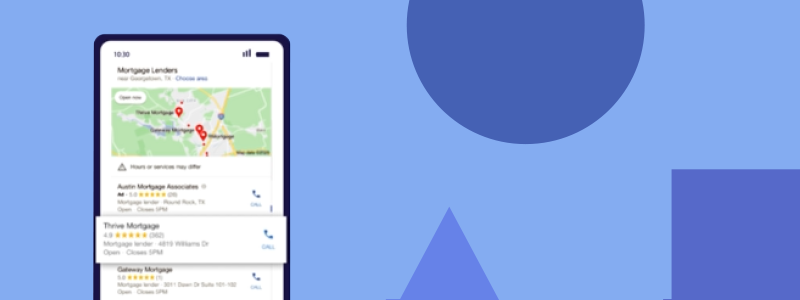
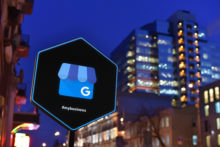



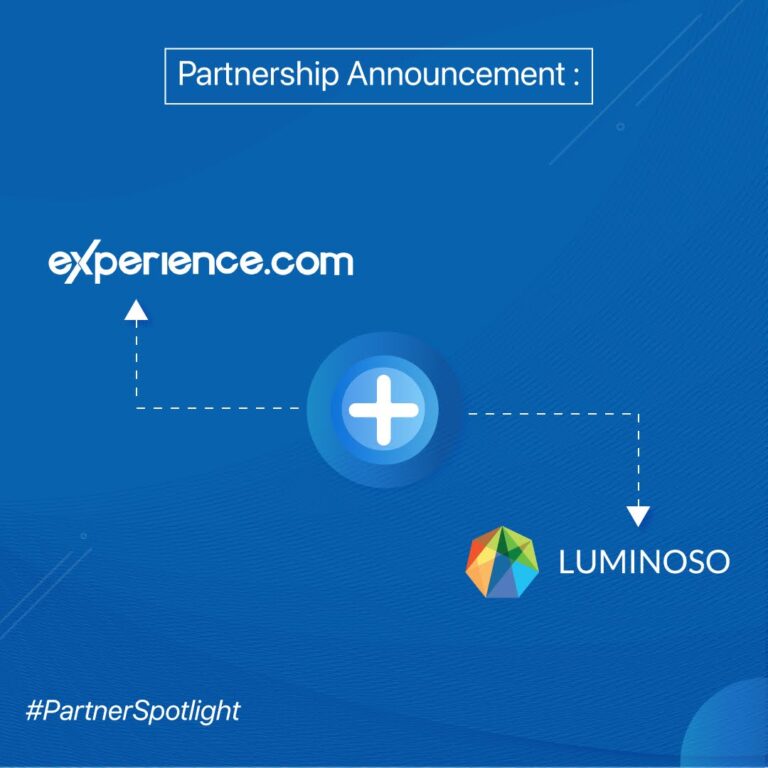


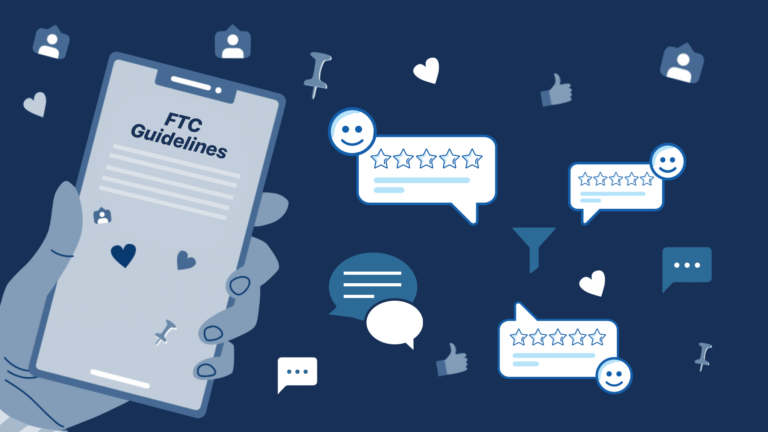
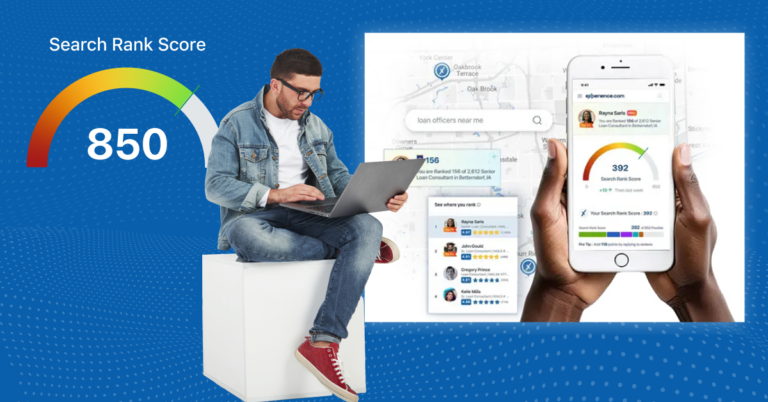



Shawn Fredrick
I read a similar post on how to write seo friendly content at the content development pros blog and in addition I read your content which has helped me big time.
rachel
Hey Shawn, so happy to hear this article was helpful to you! For similar articles, check out our SEO academy page on our Blog: https://try.experience.com/news/seo-academy/